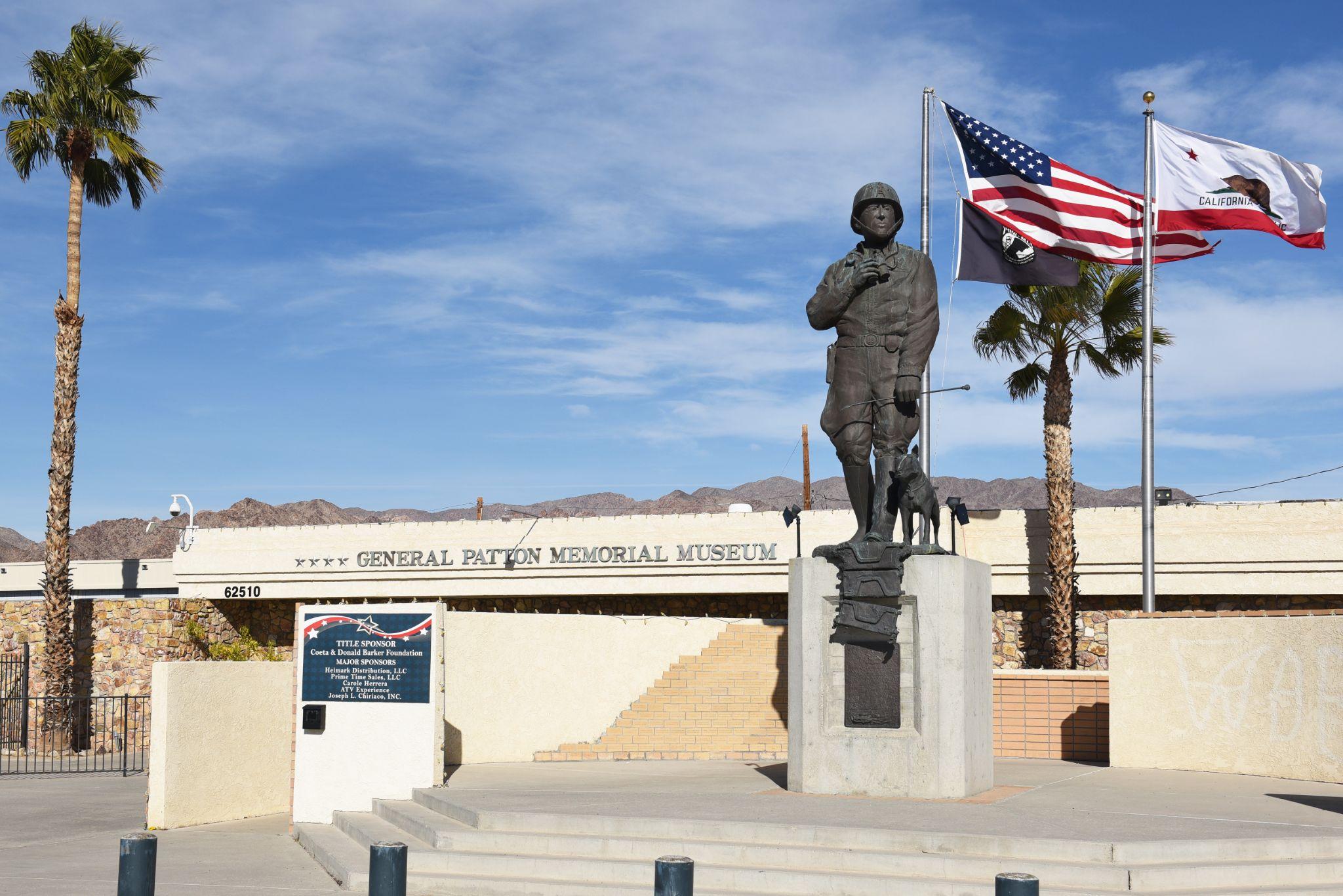
TLDR: Patton effectively motivated his soldiers by empathizing with their experiences and speaking their language, demonstrating an understanding of their fears and an expectation of their success.
So what? Patton’s speech fostered a strong bond with his soldiers, ultimately helping them secure victory in World War II. It’s a lesson in the power of strategic and relatable communication. Here’s what great communicators can learn.
George S. Patton’s speech to the Third Army stands as one of history’s most impactful military orations. Even 80 years on, its significance resonates amid geopolitical tensions in regions such as China and Ukraine.
The speech, while devoid of a single signature line, was memorably recreated in the 1970 film “Patton”, which contributed to the general’s enduring household fame.
Delivered on the eve of D-Day, June 6, 1944, the speech wasn’t directly related to the D-Day operations. However, the Third Army played a crucial role in the subsequent offensive that led to the end of World War II, with Patton being lauded for his contribution.
The crux of the speech encouraged soldiers to display bravery and dedication in overcoming the enemy. While this theme is common in military exhortations, Patton’s unique delivery style and choice of words ensured the speech’s longevity.
Patton’s Powerful Profanity
Patton’s speech was known for its explicit language, which, despite drawing the ire of some military superiors, resonated deeply with his soldiers. His colloquial language showed his relatability and solidarity with the ranks. This approach fostered loyalty and commitment in the soldiers, inspiring them to follow his directives.
An example of his language can be seen in the line that garnered immense applause: “If you’re not alert, sometime, a German son-of-a-gun is going to sneak up behind you and beat you to death with a sock full of mud!” (He probably didn’t say “son-of-a-gun.”)
This serves as a reminder that the choice of language must resonate with the intended audience, even if it bucks traditional norms.
Humor Amidst Hardship
Patton adeptly employed humor, lightening the mood in grim circumstances. His joke about pitying the enemy sparked laughter amongst his men despite their foreboding situation.
A humorous anecdote about a soldier who was more bothered by Patton than by shelling reaffirms the power of humor to alleviate stress. In the direst circumstances, retaining a sense of humor can keep spirits high and make tough messages easier to digest.
Painting a Picture
Part of the speech’s potency lies in Patton’s ability to paint vivid scenarios for his soldiers. He didn’t just implore them to fight; he detailed his strategic expectations and the ensuing outcomes if they adhered to his plan.
As Patton emphasized, clear vision-casting is essential for effective leadership. This remains a vital takeaway for leaders seeking to direct and inspire their teams.

A Celebration of American Values
Patton’s speech began with a reminder of American grit and aversion to defeat. He underlined that fear was no excuse not to fight. In doing so, he appealed to their shared values and national pride.
Aligning your message with your audience’s core values can greatly enhance its persuasive power and encourage collective action.
Making Everyone Count
Patton underscored the importance of each soldier and emphasized the crucial role of teamwork. By making everyone feel indispensable, he encouraged a collective sense of responsibility and unity.
To foster loyalty and engagement, ensure your audience knows their worth and their role in your organization’s success.
At Media Shower, we leverage SEO strategies to create content that resonates with your marketing needs. Start your free trial today.
